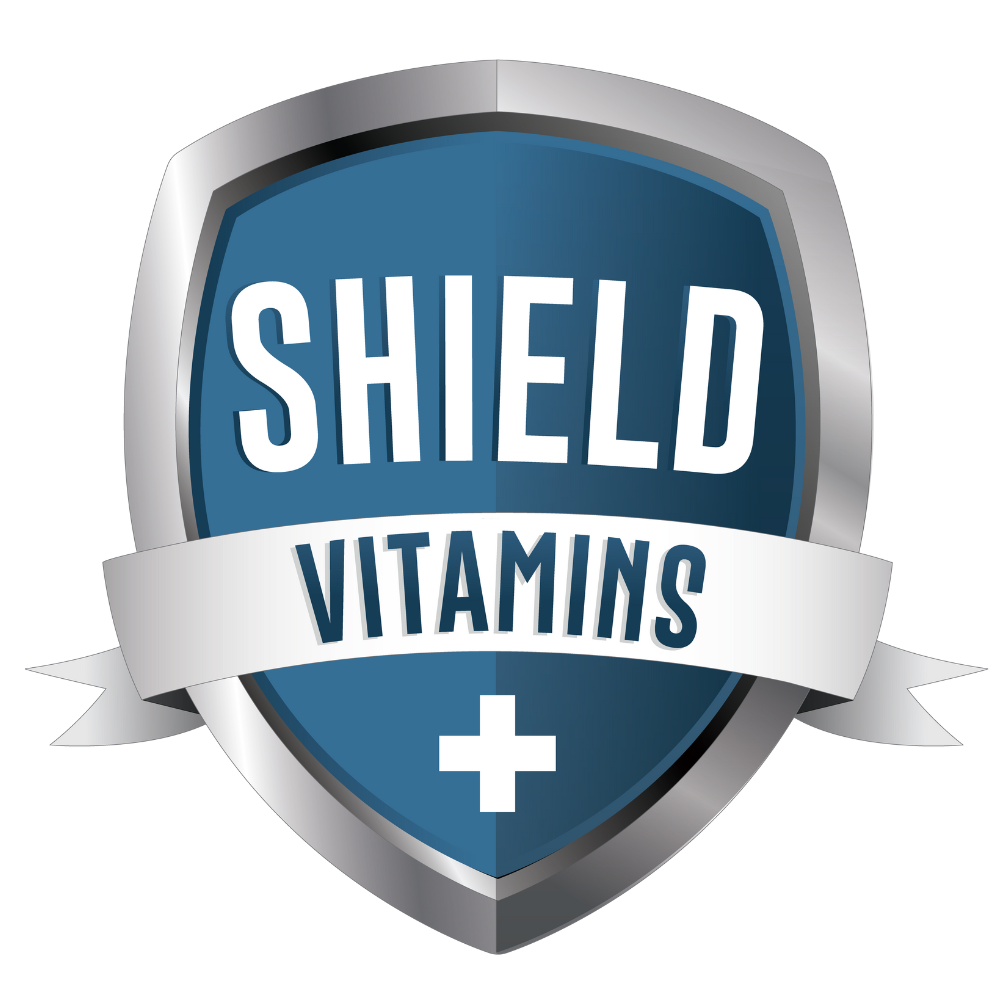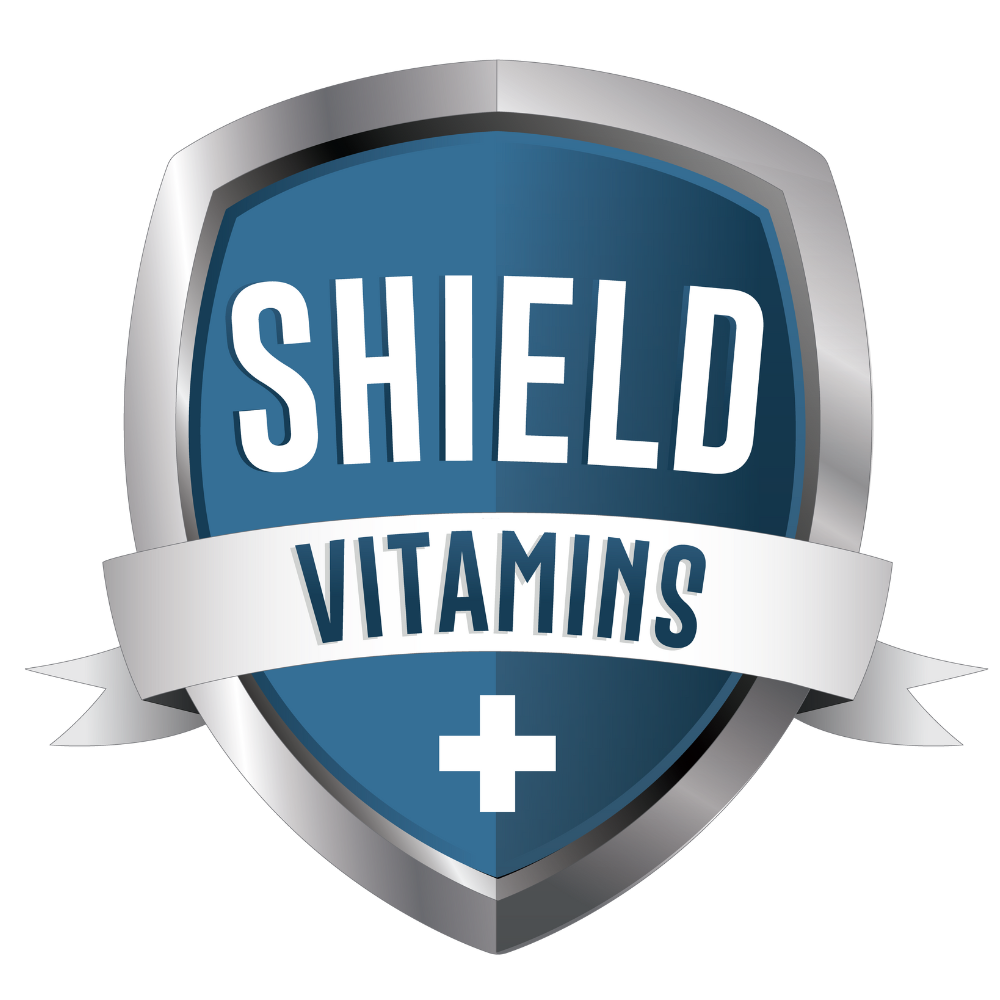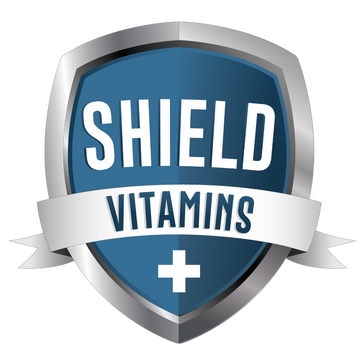Vitamin D and D3: Unlocking the Secrets of this Essential Nutrient
When it comes to maintaining robust health, Vitamin D plays a crucial role. Throughout the year, our preferred methods of consuming Vitamin D may change. Known as the "sunshine vitamin", our bodies produce it naturally when directly exposed to sunlight. However, it can be consumed through certain foods and supplements in environments where sunshine is not prominent.
Why We Need Vitamin D
The benefits of Vitamin D are extensive; it aids in calcium absorption, supporting bone and teeth health, boosting immune function, and protecting against a host of diseases. Given the significant role that Vitamin D plays in our overall health, it's crucial to actively maintain optimal levels.
As per various sources, including the Harvard School of Public Health and Mayo Clinic, maintaining optimal Vitamin D levels is essential for normal bone development and maintenance, calcium metabolism, and neuromuscular functioning (Cleveland Clinic). Deficiency can lead to weakened bones and muscles, and impaired immune function (Medical News Today).
Vitamin D versus D3
Vitamin D is typically consumed in two primary forms – D2 (ergocalciferol) and D3 (cholecalciferol), with the latter often being the preferred choice for many people. Now, you might wonder why D3 is often given more prominence over Vitamin D. To understand this, let's delve into the distinct characteristics that set them apart.
Vitamin D3, unlike its counterpart, is the type of vitamin D that our bodies produce naturally when exposed to sunlight. Consequently, it's more similar to what our bodies would naturally create.
Studies suggest that Vitamin D3 could be more effective at raising and maintaining the Vitamin D levels in our blood. This makes it potentially more beneficial than the D2 variant in promoting bone strength, heart health, and immune system function.
How To Maximize Vitamin D Absorption
The form in which we consume vitamins also matters. Traditional pill supplements have been a popular choice for years. However, gummy vitamins are increasingly gaining popularity due to their convenience and palatability.
Gummies not only make taking vitamins more enjoyable but also enhance absorption (Wagner, et al). They are broken down in your mouth, allowing for quicker absorption into your bloodstream compared to pills that need to first be broken down in your stomach. Furthermore, some people may find swallowing pills difficult, making gummies an attractive alternative.
Conclusion: D3 Has the Edge in Terms of Bioavailability and Effectiveness.
In conclusion, while both Vitamin D and D3 are essential for overall health, D3 seems to have an edge in terms of bioavailability and effectiveness. Moreover, consuming it in a gummy form could potentially speed up absorption and make the experience more enjoyable.
If you're looking to boost your Vitamin D levels efficiently, Shield Vitamins D3 Gummies could be an excellent choice. They are designed to provide you with the necessary Vitamin D3 in a delicious and easy-to-consume way. So, why wait? Give Shield Vitamins D3 Gummies a try today and step towards a healthier future.








